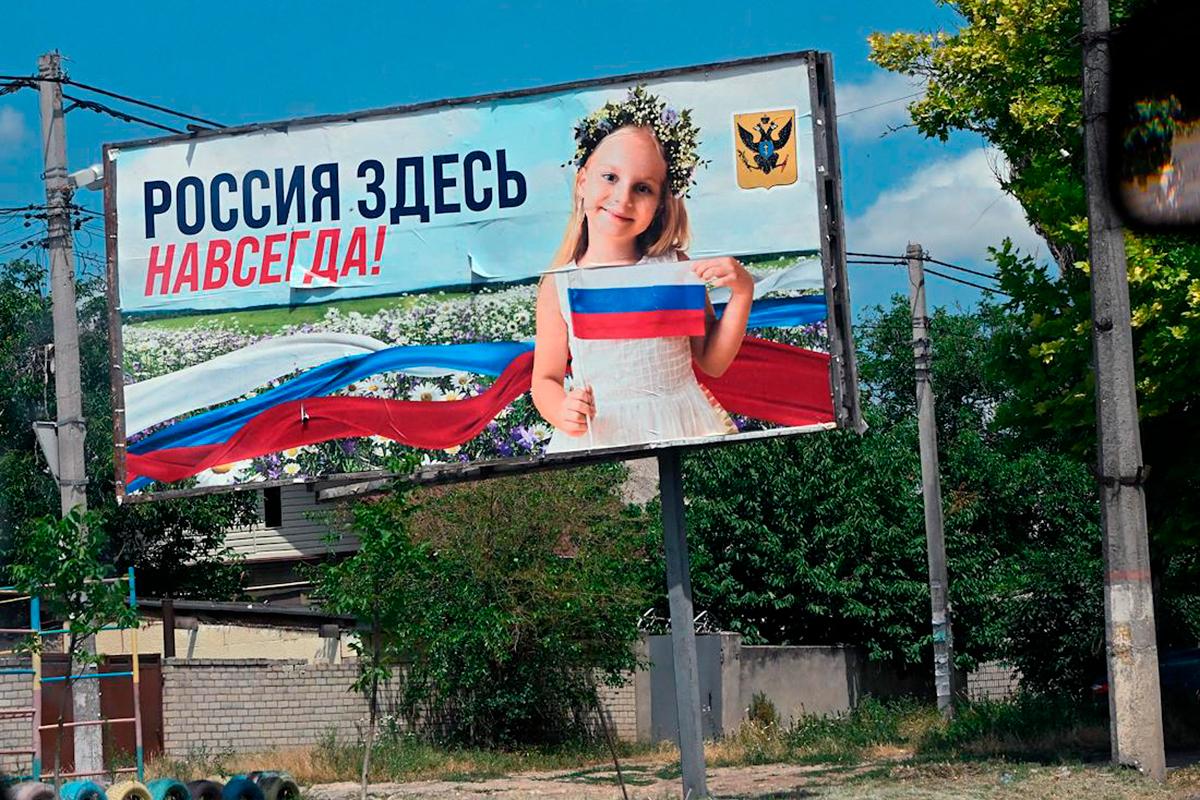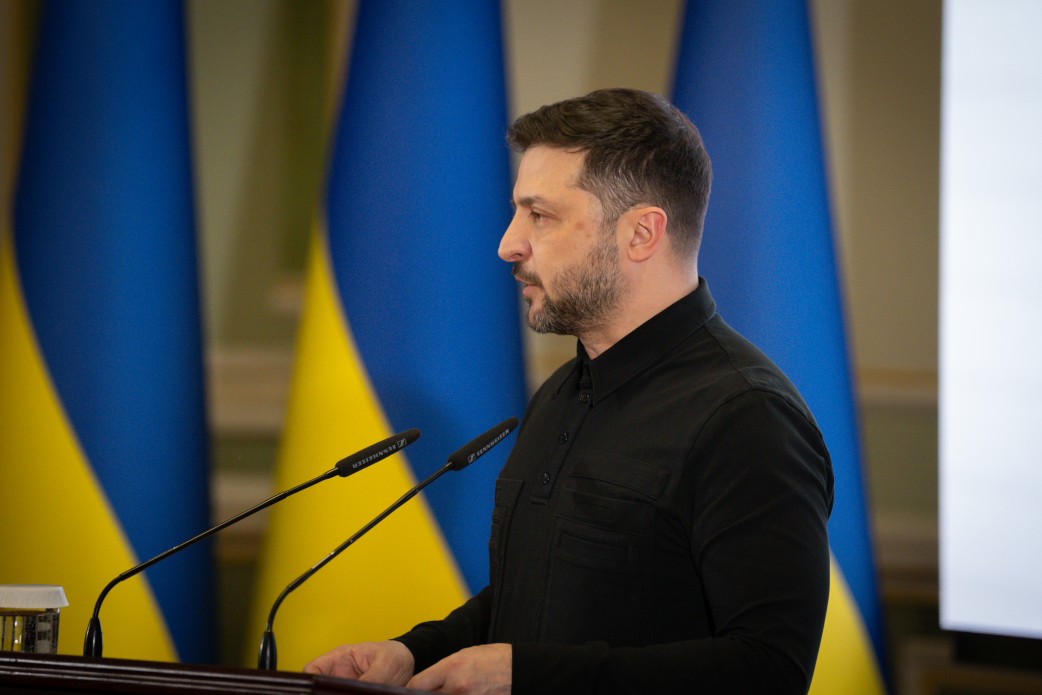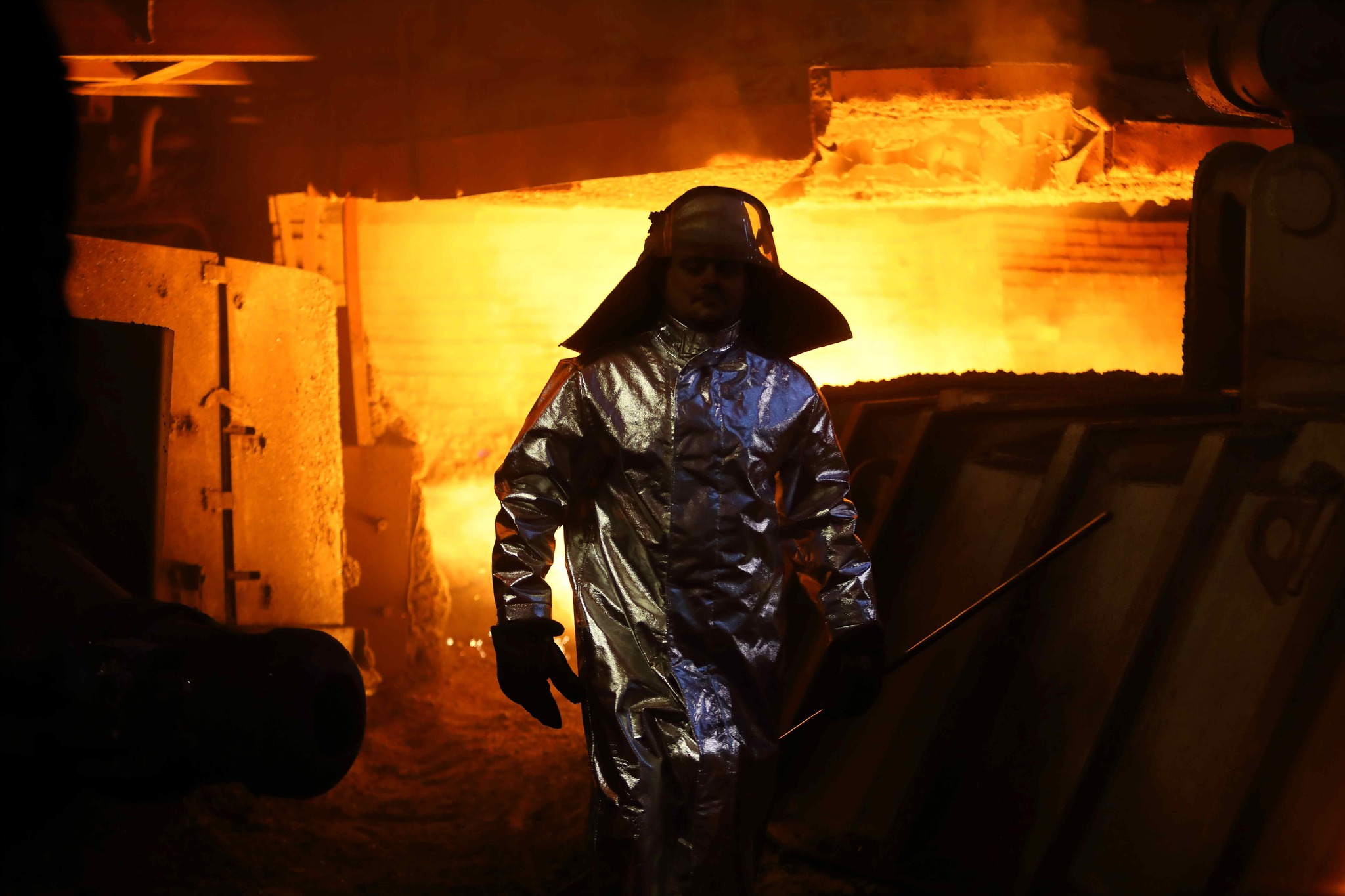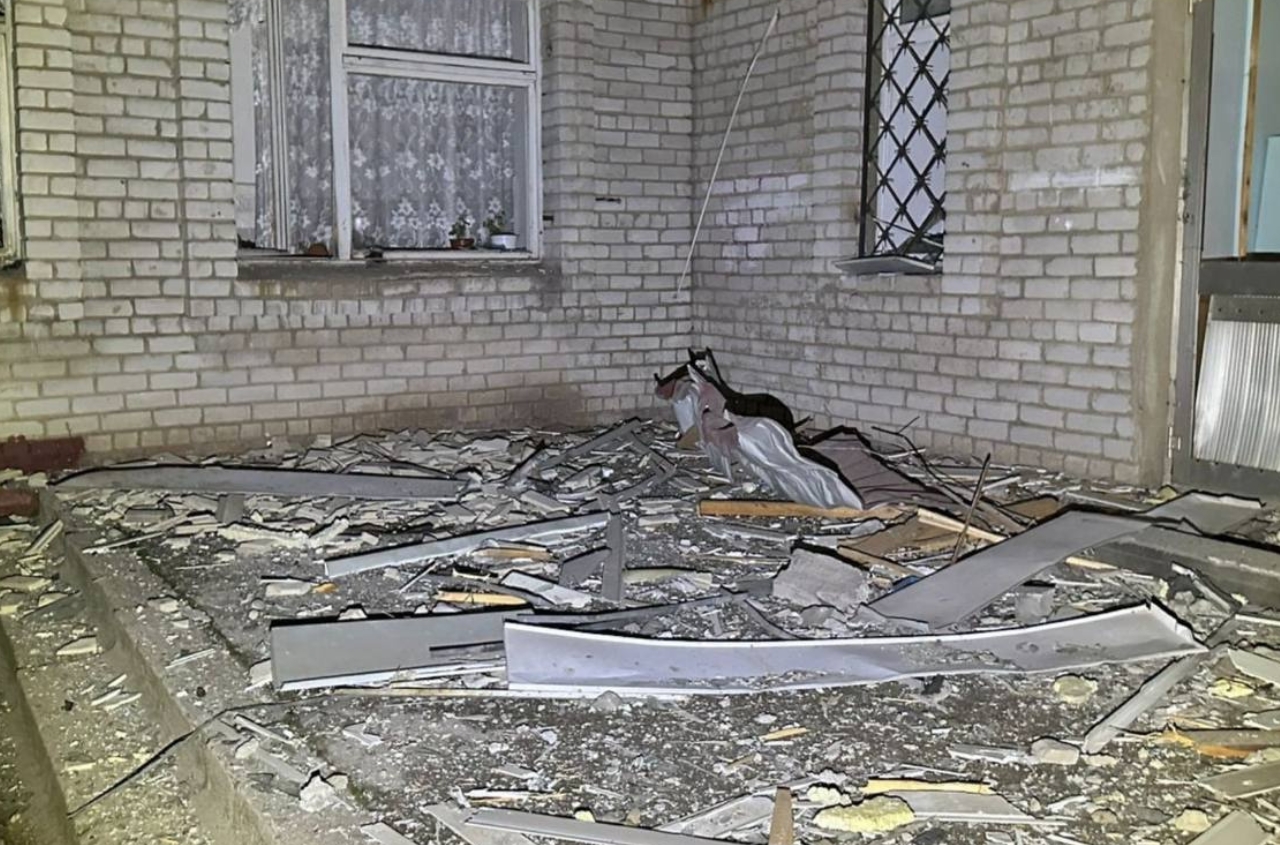By the materials of Verstka
Photo: Anatoly Zhdanov / Kommersant
The Russian authorities have chosen a preliminary date for referenda on the entry of two regions of Ukraine into the Russian Federation, but the final decision depends on the situation at the front.
Why they re in a hurry?
The primary date under discussion for holding referenda in the self-proclaimed DPR and LPR is September 14, several sources in the federal government told Layout. They deny the presence of symbolism in her choice (for example, associated with the annexation of Crimea in 2014). On the contrary, according to them, the Kremlin would like to “turn this thing around as soon as possible†since the course of the “operation†has “stalled†both in terms of success at the front and ideologically.
People are beginning to "pay more attention to rising prices than to our Russian Federation successes," one of Verstka's interlocutors explains why the referendum should not be postponed.
Although senior officials give the same date for the planned vote (September 14), they admit that last-minute referenda could be postponed to a later date. First of all, this can be affected by the situation at the front: for people in the territories to participate in the vote, they must at least be provided with security.
Initially, the Russian authorities set the task of achieving the complete occupation of the Donetsk and Luhansk regions before the referenda. However, everything did not go according to plan, our interlocutors admit.
According to them, September 14 is a “neutral dateâ€. It's the middle of the month and the middle of the week. Three days before this referendum, the Single Voting Day, extended this year for three days (from September 9 to 11), should end.
It still requires certain administrative efforts from the authorities. However, competition, according to the Golos movement (Russian Federation), has been reduced to a minimum. The same internal political bloc of the Kremlin, headed by Sergei Kiriyenko, who oversees referenda in the occupied territories, is involved in organising this process.
Voting settings
In response to the question of how such a choice of date (a weekday) will affect the turnout and the results of the vote, officials brush aside - “if only they didn’t shoot over their heads there.â€
According to the sources, the desired results of the referenda have so far been very vaguely outlined by the federal center. Ideally, they would like to get an 80/80 result, that is, 80% of the vote for "joining" with the same turnout.
The interlocutor admitted that these goals can also change, and the results can be “corrected†with the help of fraud, if the “first person†wants it. The super-task of the referenda is to demonstrate the absolute confidence of the population of the territories that they want to join Russia.
Holding referenda in other occupied ("liberated", as they prefer to say in Moscow) territories - in the Kherson and Zaporizhzhia regions - is not yet expected. They may take place later, as probably in the Kharkiv and Mykolaiv regions.

Regarding the readiness
The readiness to hold a vote was announced by the head of the "DPR" Denis Pushilin. The fact that the referendum in the Donetsk region will be held, said on August 25 at a meeting of the working group on the preparation of changes to the people's program of the party, Secretary of the General Council of "United Russia" Andrei Turchak. Such statements were made against the backdrop of the publication of Vedomosti that referenda are not planned to be held during the Single Voting Day.
The doubts of the authorities about whether the regions are ready to hold referenda are primarily due to the fact that residents of the self-proclaimed DPR and LPR have daily difficulties in providing basic needs - with food, electricity, security. However, this does not mean that preparations for referenda are not going on there.
“If everything works out and the referenda are still scheduled for the 14th, we would like to be sure that everything will go smoothly,†one of the Verstka interlocutors noted. Therefore, campaign materials are already being prepared in these territories, election commissions are being recruited, and political technologists are working.
Earlier, representatives of the pro-Russian administrations in the self-proclaimed L/DPR had already signed documents on preparation for voting, and in the settlements of the Kherson and Zaporizhzhia regions they hung up the corresponding billboards.
As a result, "everything depends on the war," : if the Russian authorities announced the seizure of the Lugansk region back in July, then in Donetsk, such results would not have yet been achieved. Part of its territory, including the cities of Bakhmut, Kramatorsk and Sloviansk, remains under the control of Kyiv.
Why referenda are needed
Moscow planned to gain military control of the territory several months ago, but the plan for instant war turned into a war of attrition.
However, the authorities do not want to postpone indefinitely the referenda, which could "symbolically mark" the start of Vladimir Putin's presidential campaign (elections are due in early 2024, but the campaign usually starts more than a year in advance). Therefore, the vote is planned to be held "in the foreseeable future", even if only some parts of the occupied territories participate in the referenda.
An important part of Moscow's military plans is to maintain the morale of the military personnel and the country's population as a whole, suffering from restrictions and soaring prices. This requires military successes, and significant victories that could rally the population of Russia have not been observed in recent months.





















